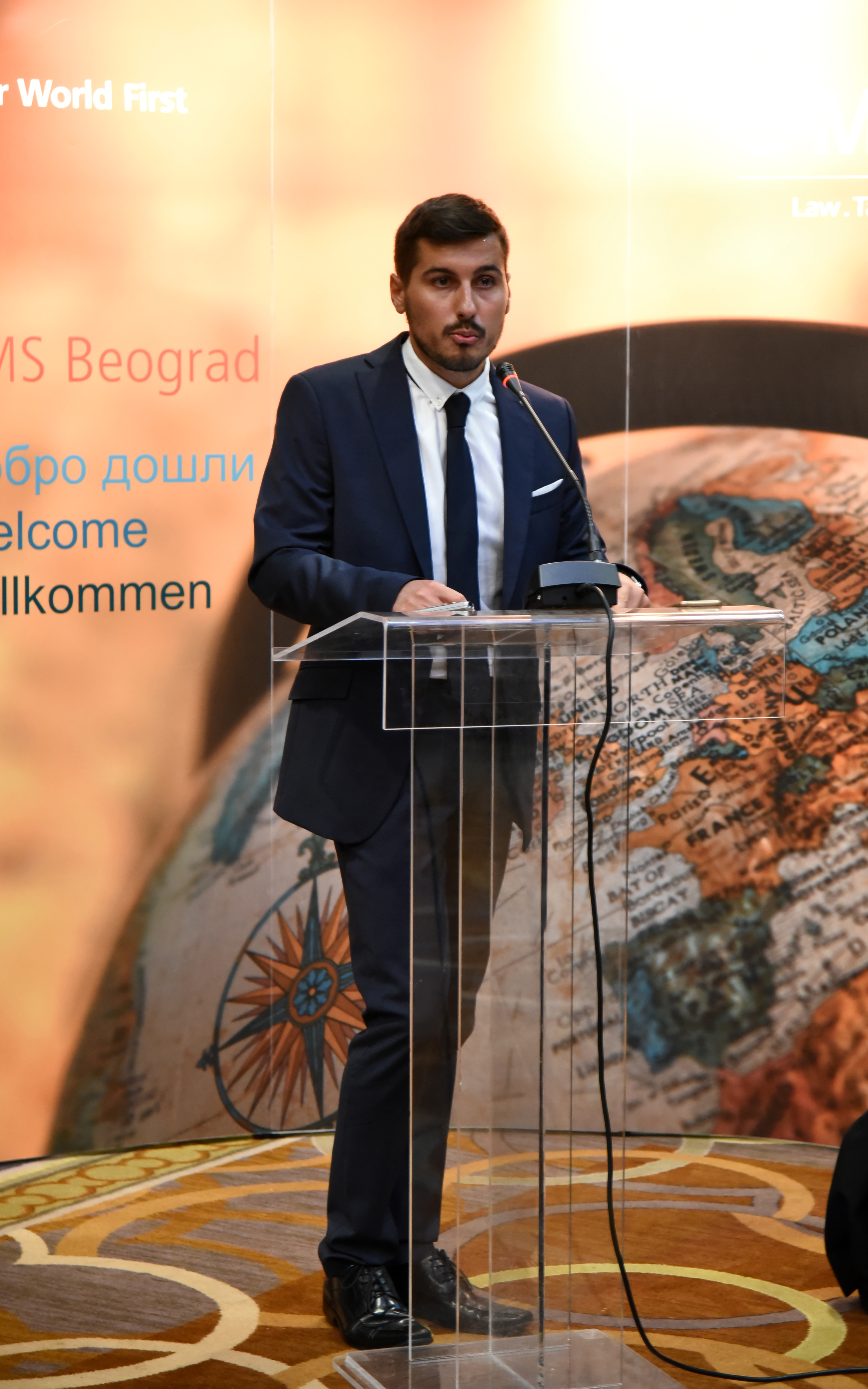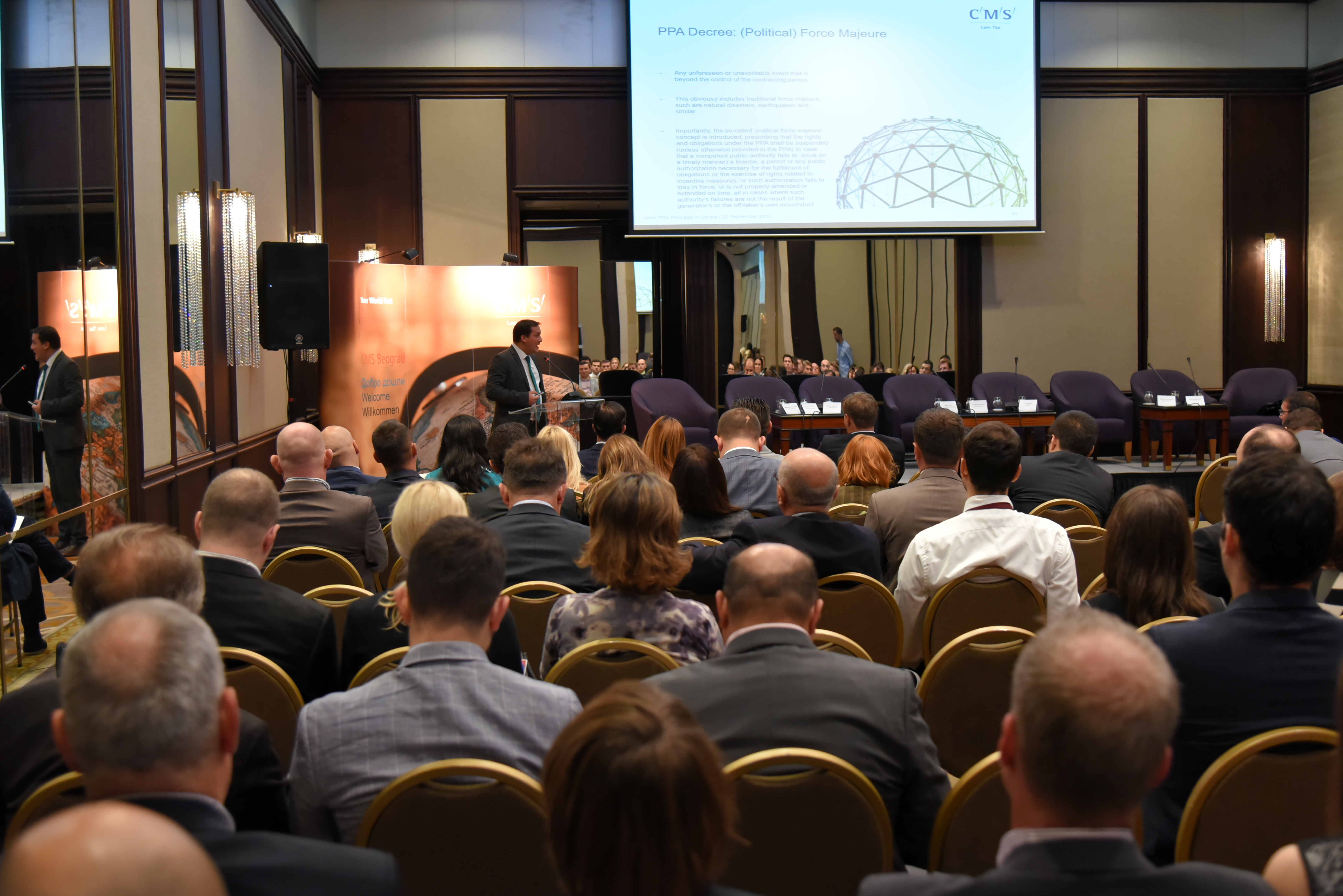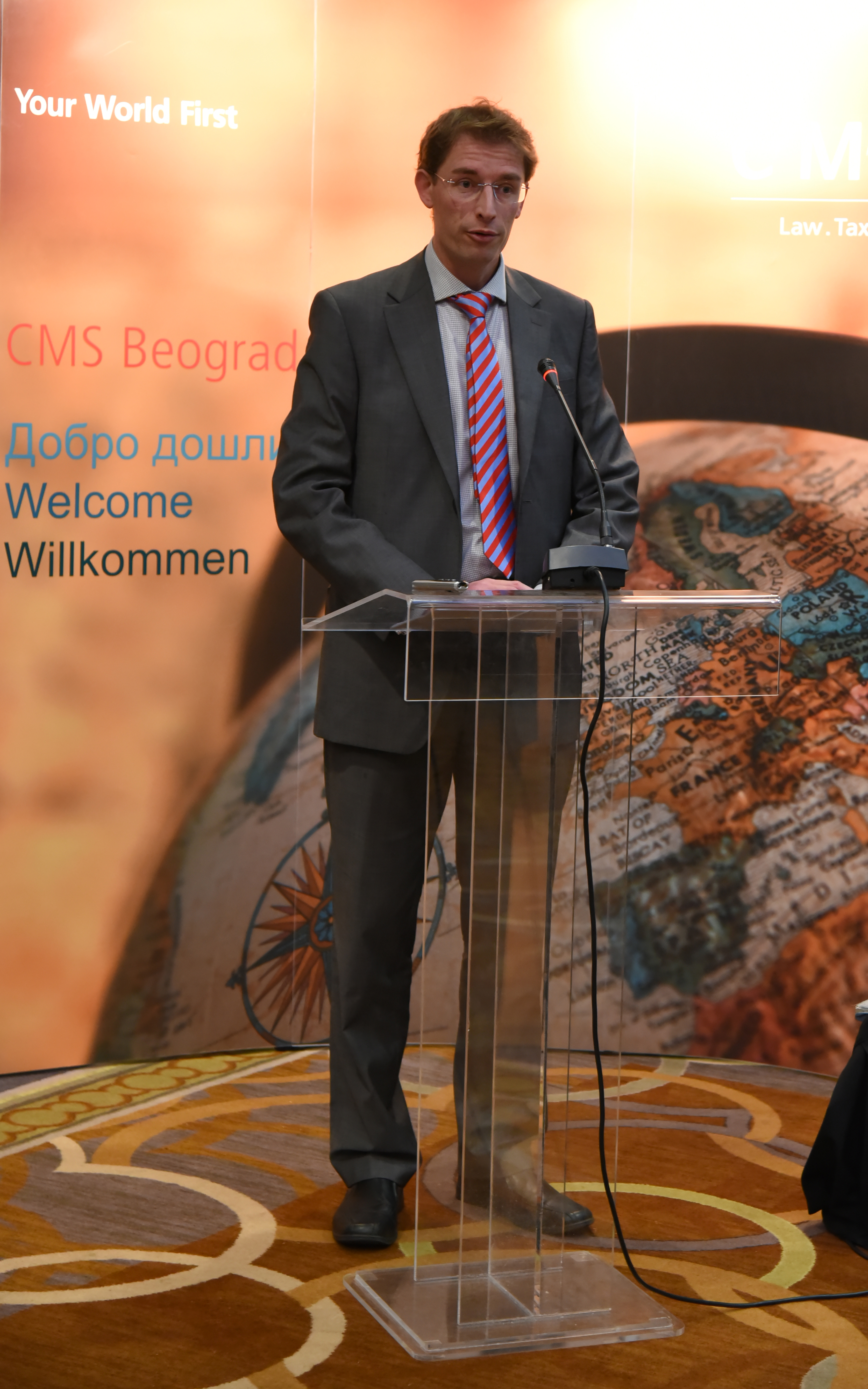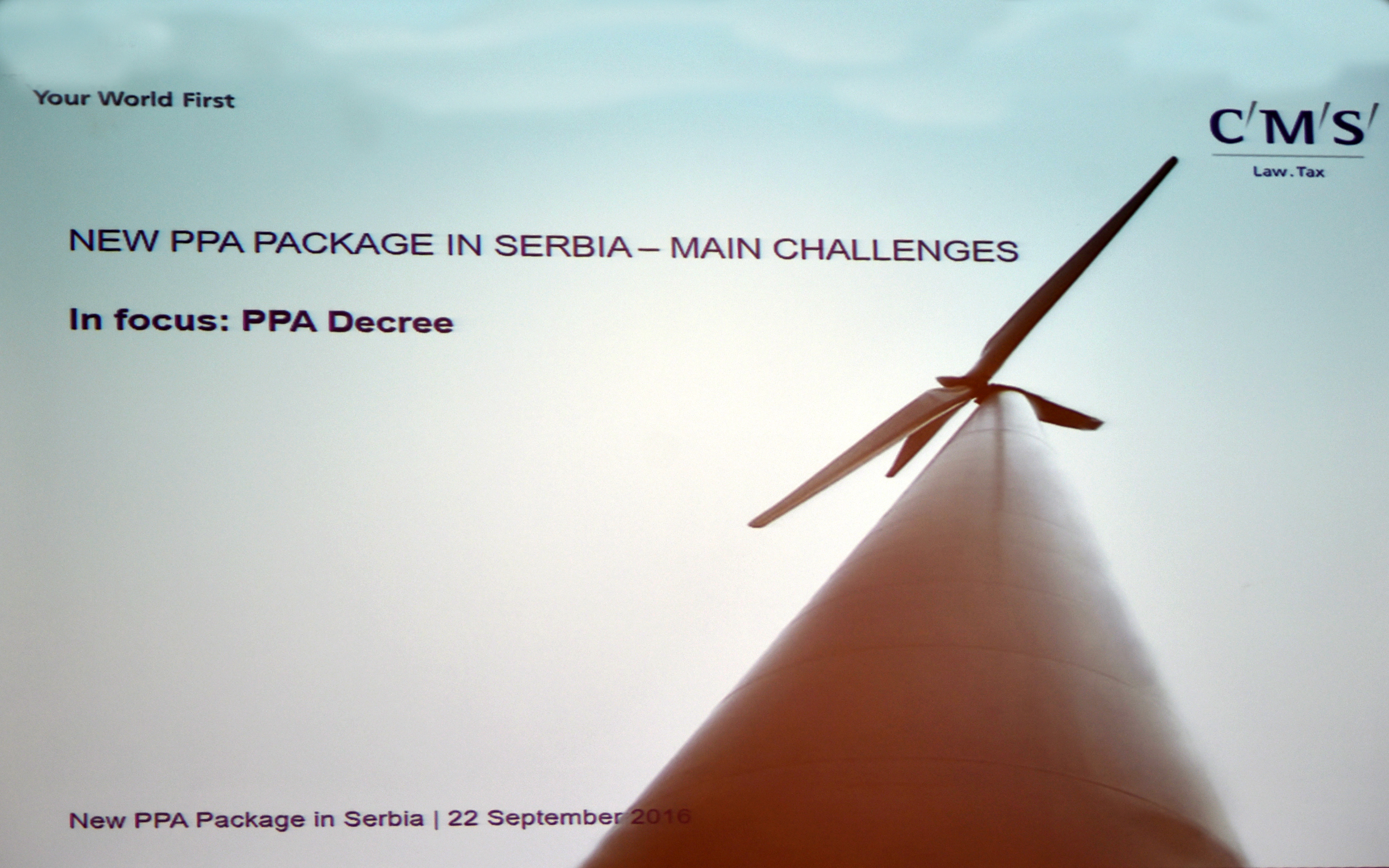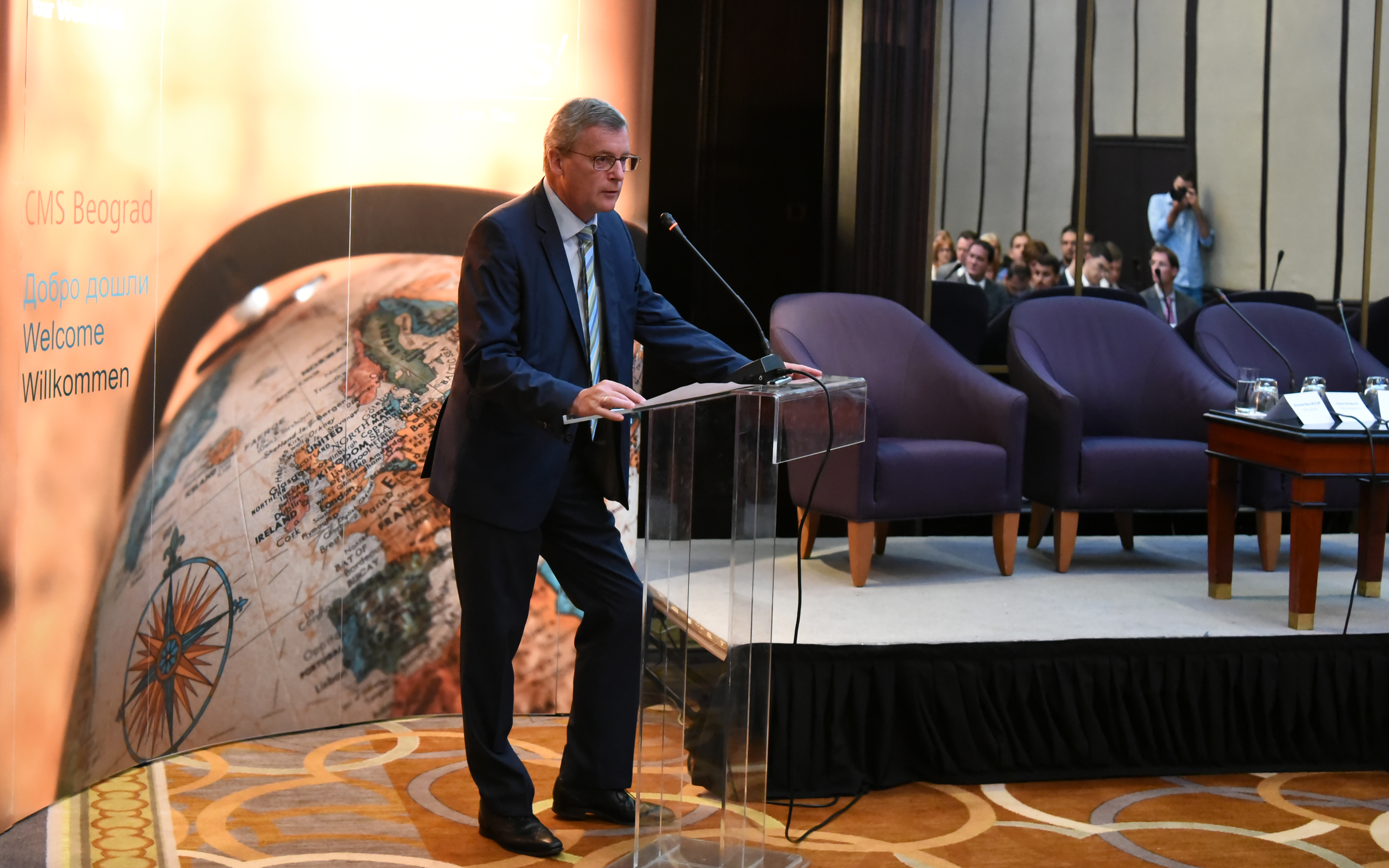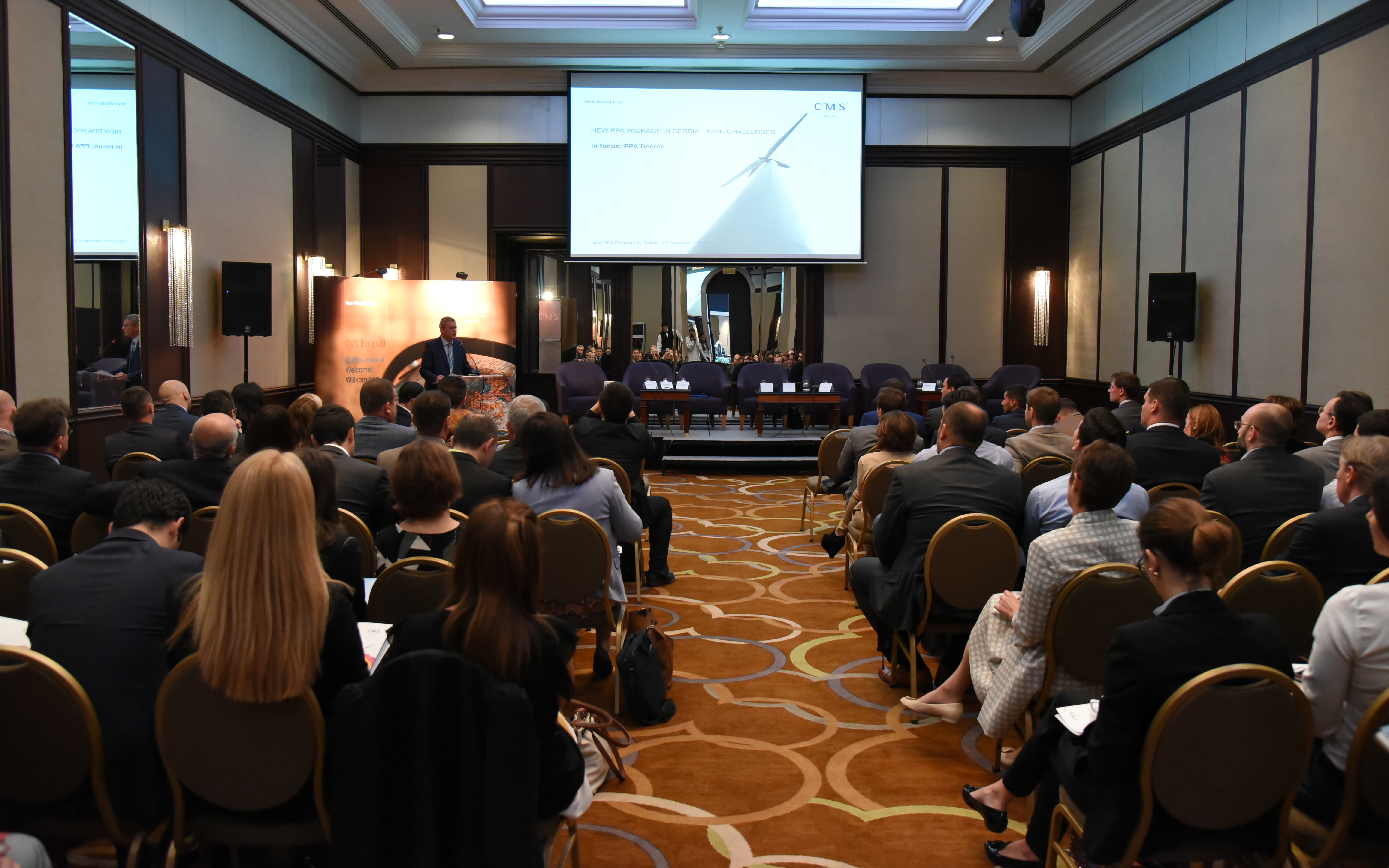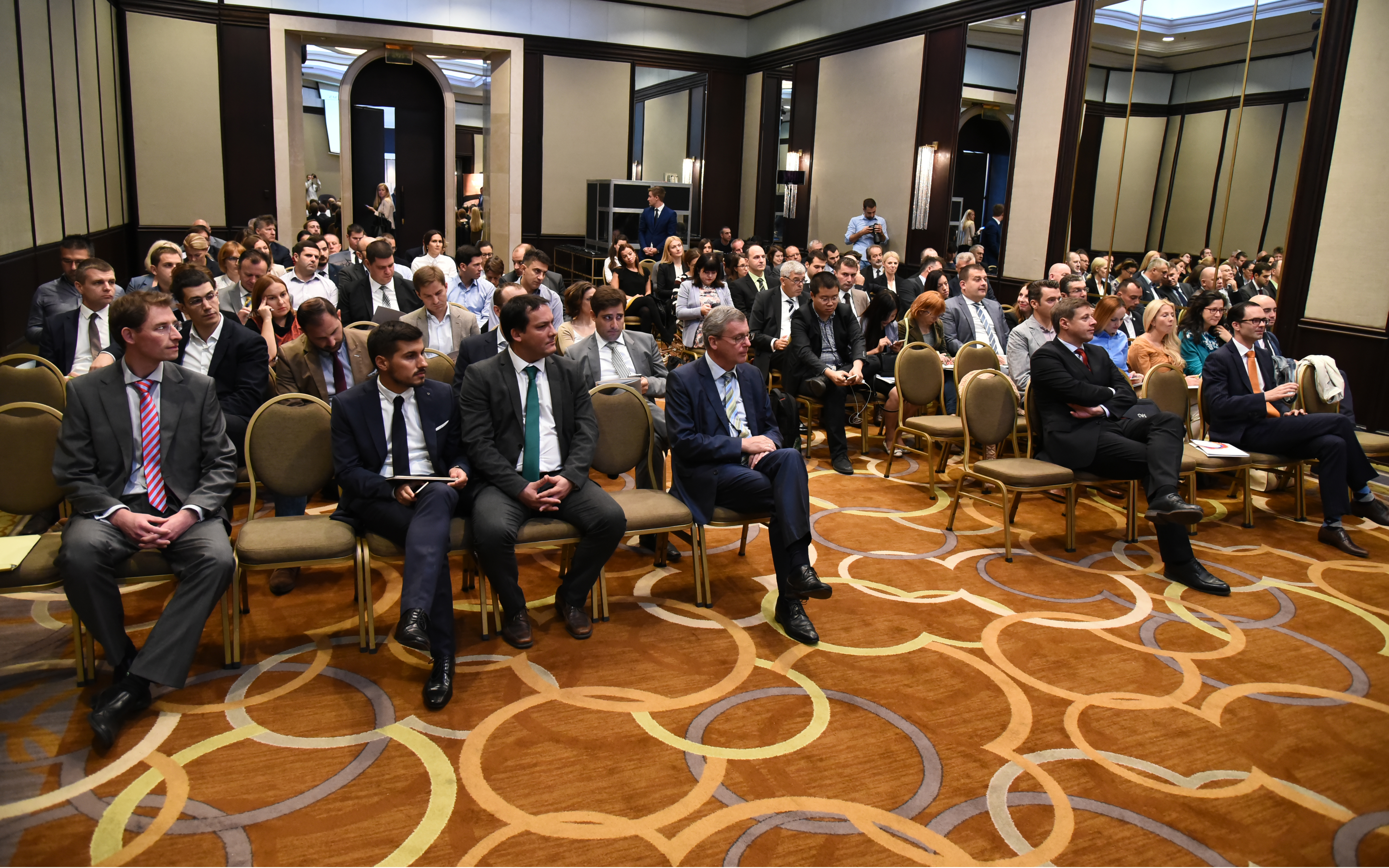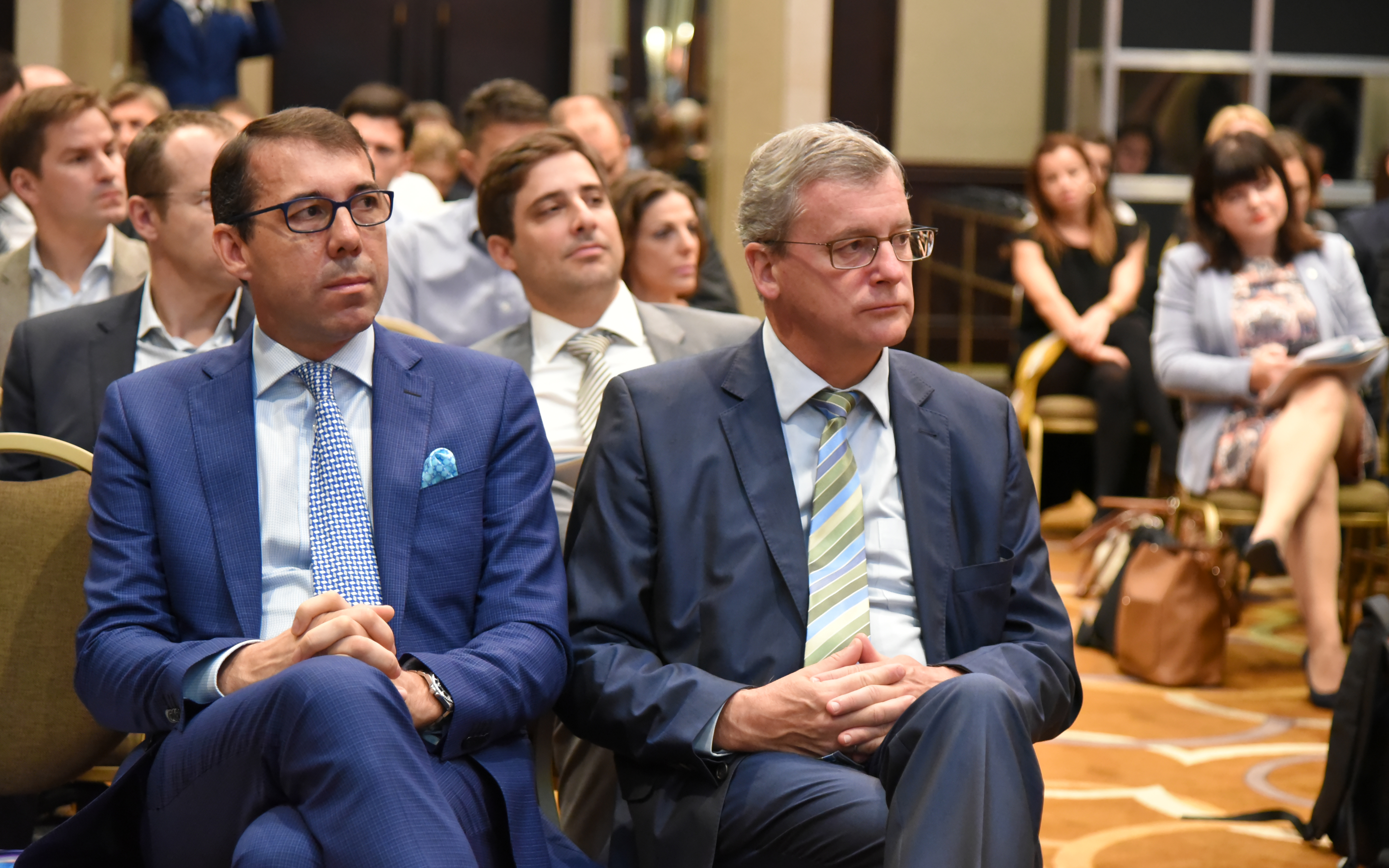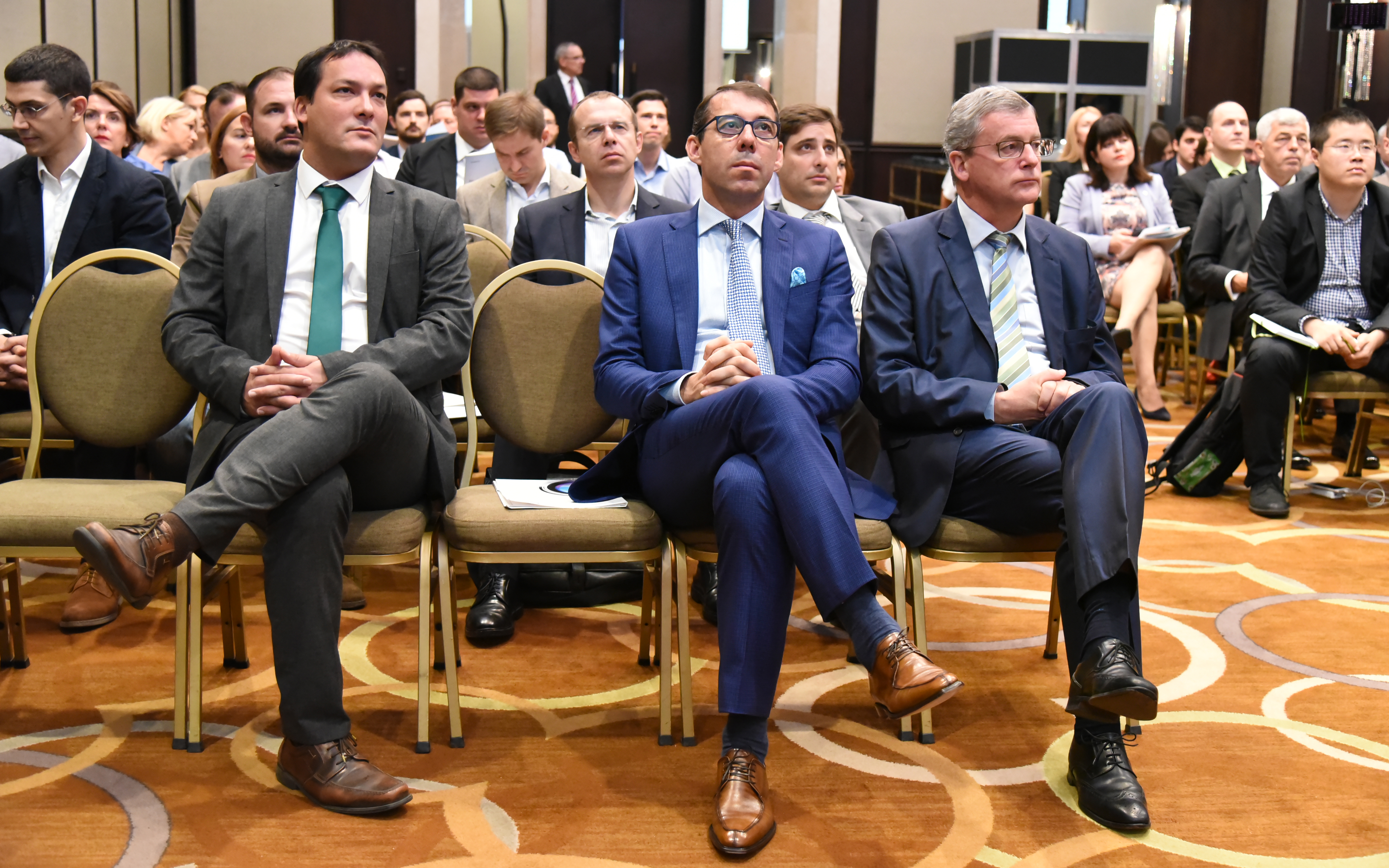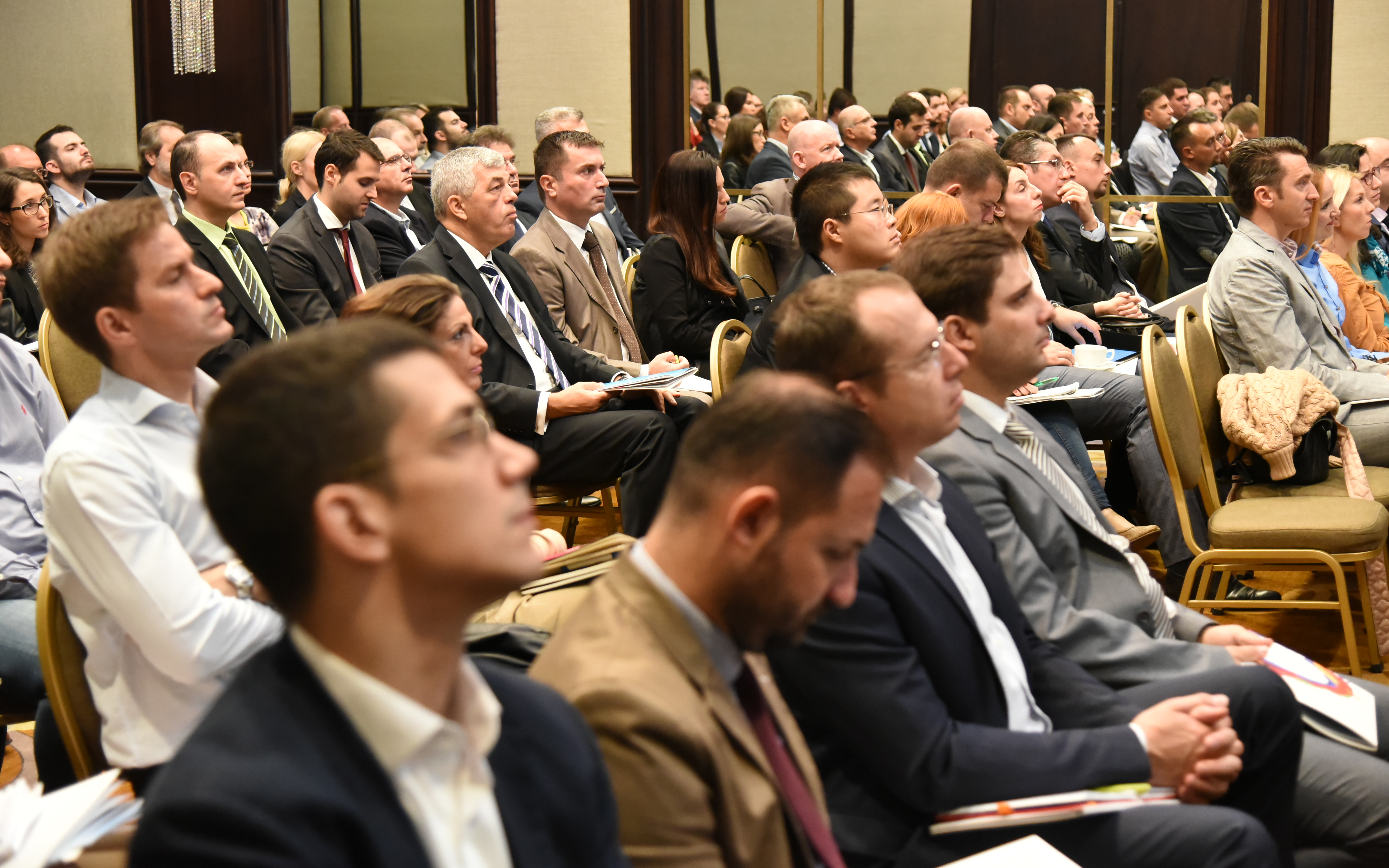The legislation that Serbia adopted in June will attract capital and help launch green energy projects, said participants at a conference in Belgrade titled “New PPA Package in Serbia – Main Challenges”. The event was organized by Petrikić & Partneri AOD in cooperation with CMS Reich-Rohrwig Hainz with the support of ADVANTAGE AUSTRIA Belgrade. The regulations were six months late but still a good signal while their quality makes the country the most advanced in the region. Ever since the adoption of the Energy Law in 2014, with the aim to harmonise energy legislation with the European Union’s Third Energy Package, investors have been waiting for the necessary by-laws to go ahead with their projects.
The Decree on Incentive Measures for Electricity Generation from Renewable Energy Sources and High-Efficiency Cogeneration of Electricity and Heat is one of three documents in the package. The second one is the Decree on Conditions of and Procedure for Obtaining the Status of a Privileged Power Producer, Preliminary Privileged Power Producer, and Producer from Renewable Energy Sources. The final one is the model for power purchase agreements (PPAs). The PPA package came several months after the statutory deadline.
He added the country should keep in mind the experiences from the region and avoid some bad examples and traps in applying the regulations.
H.E. Johannes Eigner, Ambassador of the Republic of Austria said Serbia is not an island and that its regulations must be adapted to the surroundings and make it competitive.
Željko Đurić, director of Vetroelektrane Balkana, a wind power company, said the Ministry of Mining and Energy had made a good move with the regulations. According to him, they are clear and precise in most of the segments, and also available in English, which is very important for investors.
“The whole world is gradually switching from conventional to renewable energy sources. This set of regulations has finally brought the possibility for investors in Serbia to start projects and construction,” said Đurić.
International partner in CMS Belgrade Radivoje Petrikić stated the conditions for investors have significantly improved and that they are expected, in talks with banks, to complete the financial package and procure equipment.
“Serbia’s biggest potential lies in wind energy and the most progress has been made there. Certain projects in the field have been carried out for the past four or five years. Where solar energy is concerned, the number of projects is smaller and we haven’t made so much progress there,” he said.
Investors’ common assessment is that the regulations in this field are not much better than the previous ones and that they should be implemented, according to Petrikić.
Đorđe Popović, senior attorney of CMS Belgrade, said the main message of the conference was that the Serbian market was ready to make projects in the field of renewable energy sources operable. Nonetheless, he added,there are some obstacles.
“Some general expectations of the banks and financiers need to be adjusted to the real needs of the projects, i.e. to the real guarantees a project can give, taking into account the current legislation. What we heard from the financiers was that the readiness was there,” said Popović.
He stated one of the main questions since the set of regulations came into effect was whether bank guarantees are really necessary.
“We heard at the conference that they might not be necessarily required, but that the focus would be on the feasibility of projects, the creditworthiness of the off-taker, the construction aspects and the extension of temporary status of privileged producer, that will continue to be a bone of contention,” Popović said.
